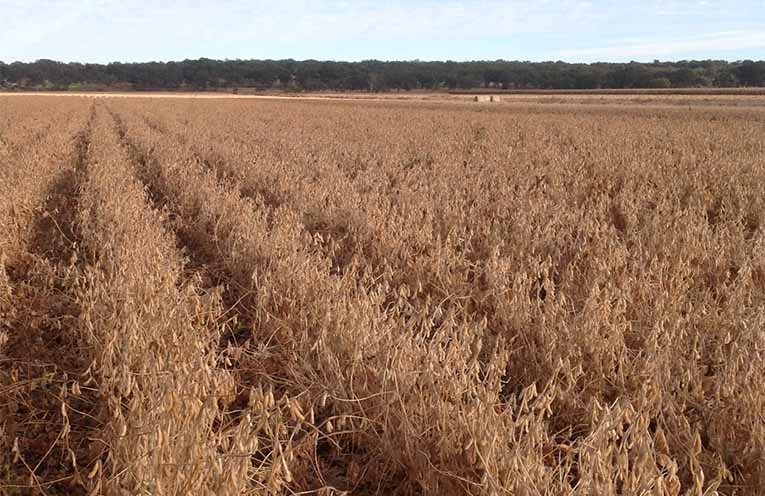THE North Coast has been identified by the NSW Government as a region ready to harvest the economic benefits of the growing plant-based protein sector.
Plant-based protein manufacturing is the process of turning crops such as chickpeas, soybeans, lentils and grains into high-protein food products like meat alternatives, protein powders, dairy-free drinks and snacks without using any animal products.
Regional NSW produces millions of tonnes of plant protein crops each year, with the North Coast the largest soybean producing region in Australia.
This week the government unveiled a prospectus on the industry, which highlights rapidly growing demand for plant-based protein in the domestic and global food market.
The prospectus is aimed at metropolitan and international food manufacturers and is designed to encourage them to consider regional NSW as a base for their operations.
The prospectus highlights the competitive advantages regional NSW has including:
● Access to premium raw commodities suitable for plant-based protein food and beverage manufacturing with the ability to scale and meet growing demand
● Consumer market access with regional NSW ideally positioned and able to deliver goods to 81 percent of Australia’s domestic market overnight
● Skilled workforce with relevant educational backgrounds, export-ready ports, and affordable industrial land.
● Research and development ecosystem that actively encourages collaboration between researchers across universities, DPIRD, CSIRO, Government and agribusiness
The Prospectus identifies five key regions particularly suited to plant-based protein manufacturing: Riverina Murray, New England North West, Central West Orana, North Coast and Hunter Central Coast.
Advantages for the North Coast include the Port of Yamba – a key asset in the region for agricultural exports – and the Richmond Valley Regional Job Precinct, a government-backed hub for high-value agriculture, food processing, manufacturing and distribution businesses.
Professor of Legume Biology and Molecular Genetics at the University of Sydney, Professor Brent Kaiser said the world is seeing a major shift in how people think about food, from “what they eat to how it’s produced”.
“This is being driven by multiple factors, including changing dietary needs, and increasing awareness of health, sustainability, and climate in response to future population growth,” Prof Kaiser said.
“By 2050, we’ll need to increase global agricultural crop calorie production by around 47–61 percent just to keep up.
“That’s a huge pressure point on the production of sustainable protein sources; the development of plant-based protein foods offer a big part of the solution.
“New South Wales is already an agricultural powerhouse.
“We have a $20 billion sector producing a lot of wheat, canola, legumes and horticulture products and more.
“The real value is transforming these commodity-driven products into value-added foodstuffs.
“We can add value here by transforming these crops into high quality, plant-based food and beverage products.”



